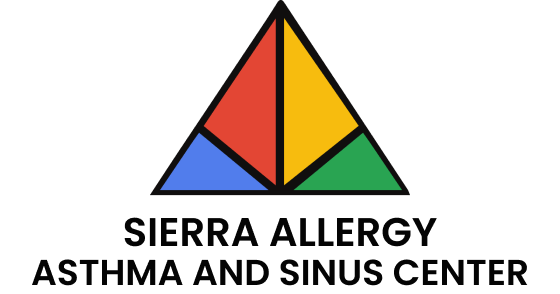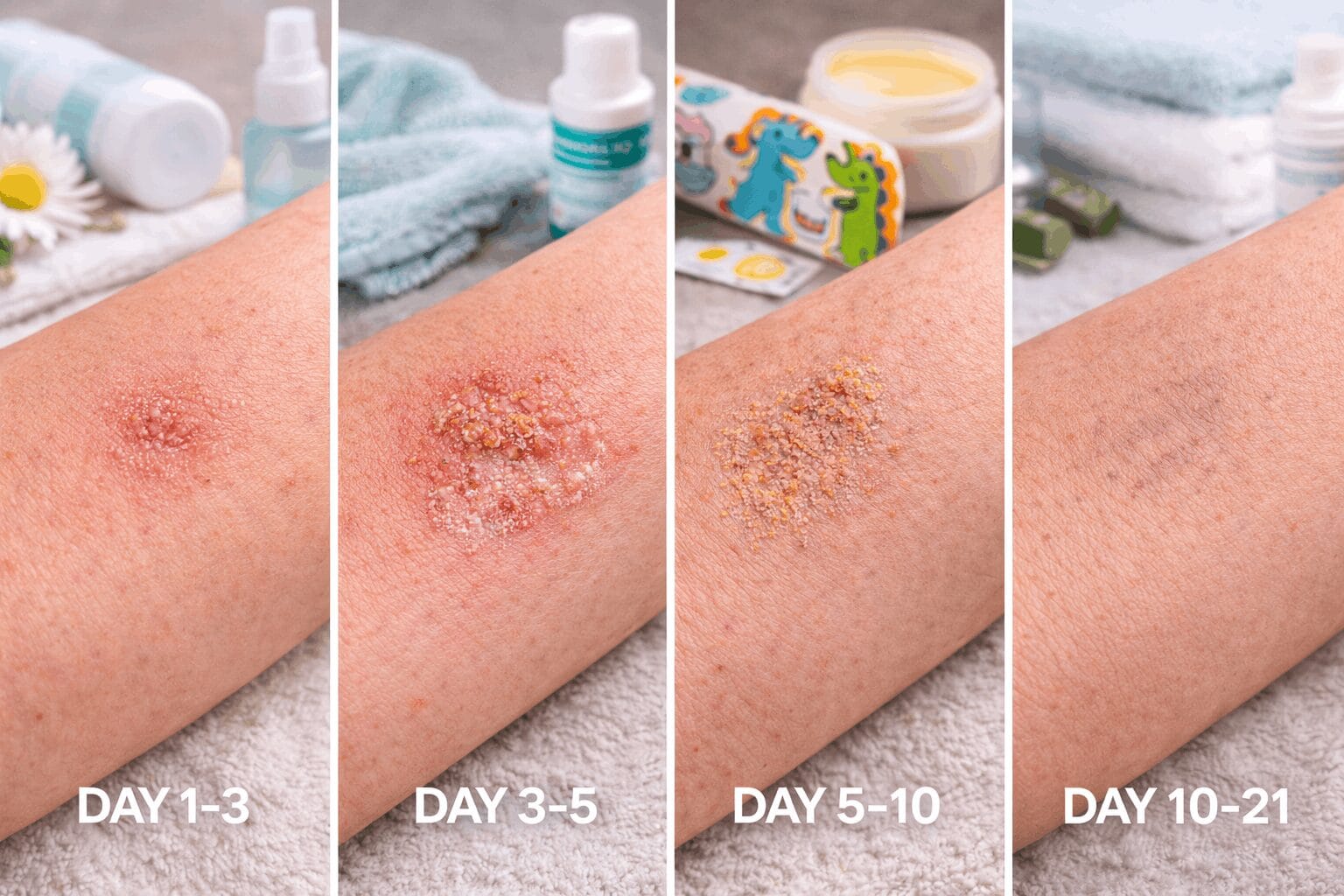If you’ve ever found yourself sneezing, coughing, or rubbing your itchy eyes every time the grass is cut or you take a walk through the park. You’re not alone. Grass allergies affect millions of people, especially during warmer months when grasses pollinate. The good news is, you don’t have to suffer in silence. This guide will answer the most common questions about grass allergies, from symptoms and causes to treatments and lifestyle tips. Let’s break it all down.

What are grass allergies?
Grass allergies happen when your immune system reacts to pollen released by certain types of grasses. Your body treats the pollen like a harmful substance and fights back by releasing chemicals like histamine, which causes allergy symptoms.
This type of allergy is a part of seasonal allergic rhinitis, also known as hay fever.
What are the symptoms of grass allergies?
There are many causes of skin rashes. Some of the most common include:
- • Allergic reactions – Your skin might react to soaps, lotions, laundry detergents, or jewelry.
- • Heat and sweat – Hot weather and sweating can lead to heat rashes.
- • Infections – Bacterial, fungal, or viral infections (like chickenpox or measles) can trigger rashes.
- • Autoimmune conditions – Conditions like lupus or psoriasis can also cause skin flare-ups.
- • Stress and anxiety – Yes, your emotions can show up on your skin too.
Some rashes can also be contagious, like those caused by fungal infections or viruses, while others (like eczema or allergic reactions) are not.
How long does a viral skin rash last?
If your rash is caused by a virus, it usually lasts a few days to a week, depending on your immune system. Viral rashes typically clear up on their own as the infection passes. In some cases, like with measles or chickenpox, the rash may take up to two weeks to disappear completely.
It’s important to rest, stay hydrated, and avoid scratching to prevent scarring or infection. If your rash is getting worse or comes with a high fever, see a doctor right away.
Grass pollen season in California
Grass pollen season usually starts in late spring and lasts through summer, but this can vary based on where you live. In places like California’s Central Valley, grass pollen can be active as early as April and peak in May through July.
Common grasses that cause allergies include:
- • Bermuda grass
- • Timothy grass
- • Ryegrass
- • Kentucky bluegrass
- • Johnson grass
- • Orchard grass
Knowing which grass types are common in your area can help you prepare better.
How do I know if I have a grass allergy?
The best way to know for sure is through an allergy test. An allergist (a doctor who specializes in allergies) can perform either:
- • Skin prick test: A small amount of grass pollen is applied to your skin to see if a reaction happens.
- • Blood test: Measures specific antibodies in your blood that respond to allergens.
If you’re reacting to grass but unsure whether it’s the grass itself or something like mold, pollen, or dust. It’s worth getting tested.
Can you be allergic to just cut grass?

Yes! Some people don’t react to grass pollen floating in the air but do have symptoms when freshly cut grass is around. That’s because cutting grass stirs up pollen, dust, mold, and plant particles, all of which can trigger symptoms.
If you start sneezing or get itchy eyes every time the lawn is mowed, this might be why.
What can I do to avoid grass allergy symptoms?
Here are simple ways to protect yourself during grass pollen season:
- • Stay indoors during high pollen times, usually mid-morning and early evening.
- • Keep windows closed, especially in your bedroom and car.
- • Use an air purifier with a HEPA filter.
- Shower and change clothes after being outdoors to remove pollen.
- • Mow your lawn wearing a mask, or ask someone else to do it if possible.
- • Check daily pollen forecasts using weather apps or websites.
Even small changes in your daily routine can make a big difference.
Treatments for grass allergies in Fresno and Merced
You don’t have to live with itchy eyes and sneezing forever. There are effective treatments available at Sierra Allergy Asthma and Sinus Center’s Fresno and Merced clinics:
1. Over-the-counter (OTC) medications:
- • Antihistamines: Like cetirizine (Zyrtec), loratadine (Claritin), or fexofenadine (Allegra)
- • Nasal sprays: Such as fluticasone (Flonase) or mometasone (Nasonex)
- • Eye drops: Relieve itchy, red eyes
2. Prescription options:
- Stronger antihistamines or combination meds may be prescribed if OTCs don’t work well.
3. Allergy shots (Immunotherapy):
- Regular injections to help your body build resistance to grass pollen over time.
- Great option if you have severe allergies or want long-term relief.
Are there natural remedies for grass allergies?
Some people find relief from natural or home remedies, but they don’t replace medical treatments. Here are a few:
- • Saline nasal rinses: Helps wash out pollen and mucus.
- • Local honey (unproven): Some believe it helps build tolerance to local pollen—but there’s limited scientific support.
- • Butterbur and quercetin supplements: Some herbs have anti-inflammatory effects, but always check with your doctor first.
Can grass allergies cause skin rashes?
Yes, they can. Some people develop itchy rashes or hives after sitting or playing on grass. This might be due to direct contact with grass or the pollen it releases. It’s called contact dermatitis.
If this happens to you, try wearing long sleeves and pants, and wash your skin with soap and water afterward.
Do grass allergies go away?
In some cases, people grow out of their allergies over time, but for most, grass allergies are long-term. However, with proper treatment and avoidance strategies, you can control the symptoms and enjoy the outdoors more comfortably.
Final thoughts
Grass allergies may feel like a minor nuisance at first, but they can impact everything from your sleep to your mood. Luckily, with the right knowledge and tools, you can get back to enjoying sunny days without the sneezing fits. Talk to a doctor, keep an eye on pollen levels, and take steps to protect yourself, and soon, even freshly cut grass won’t get in your way.





